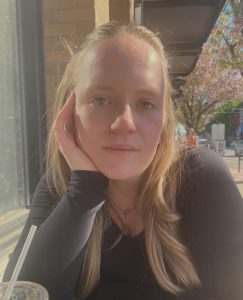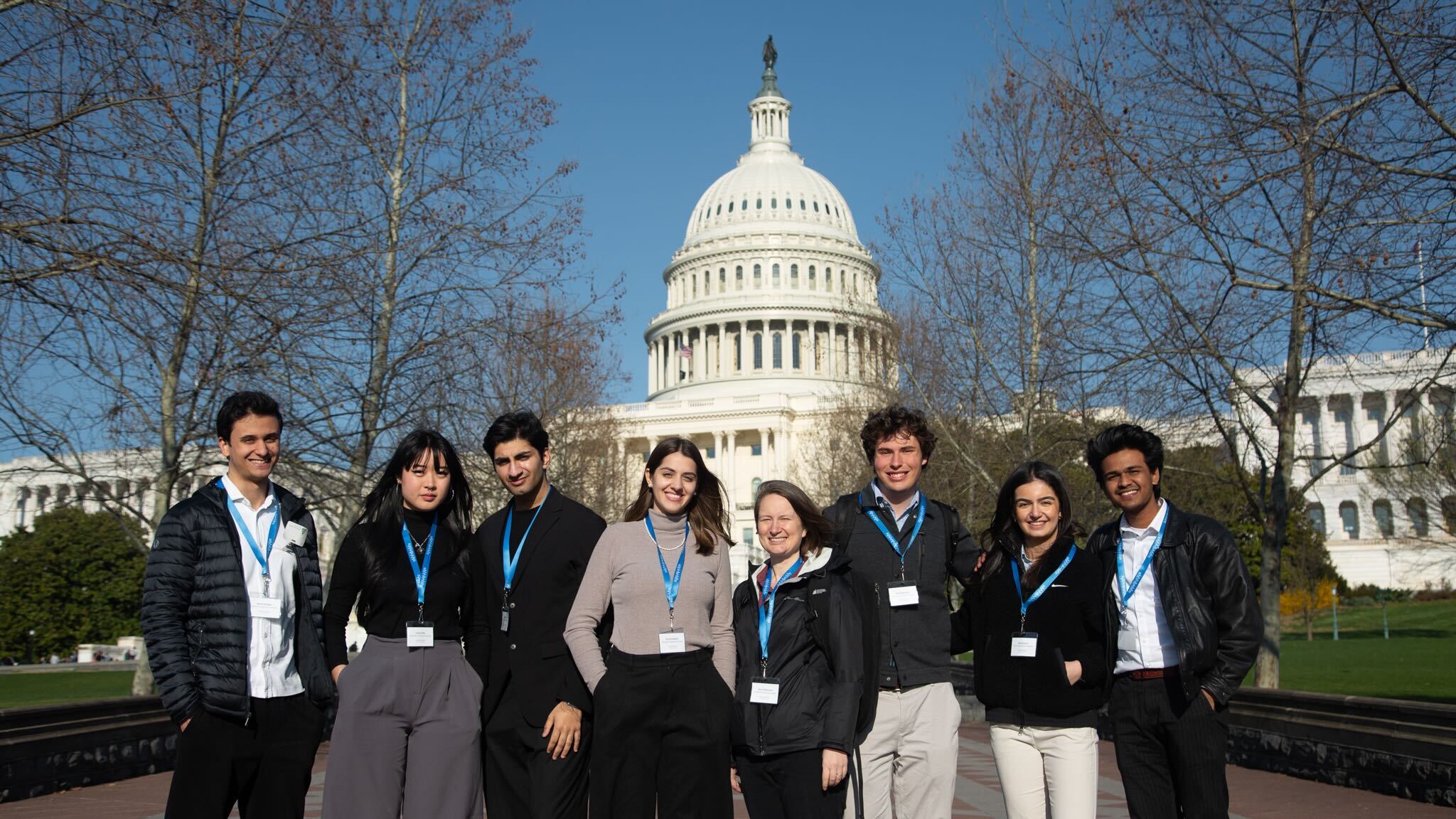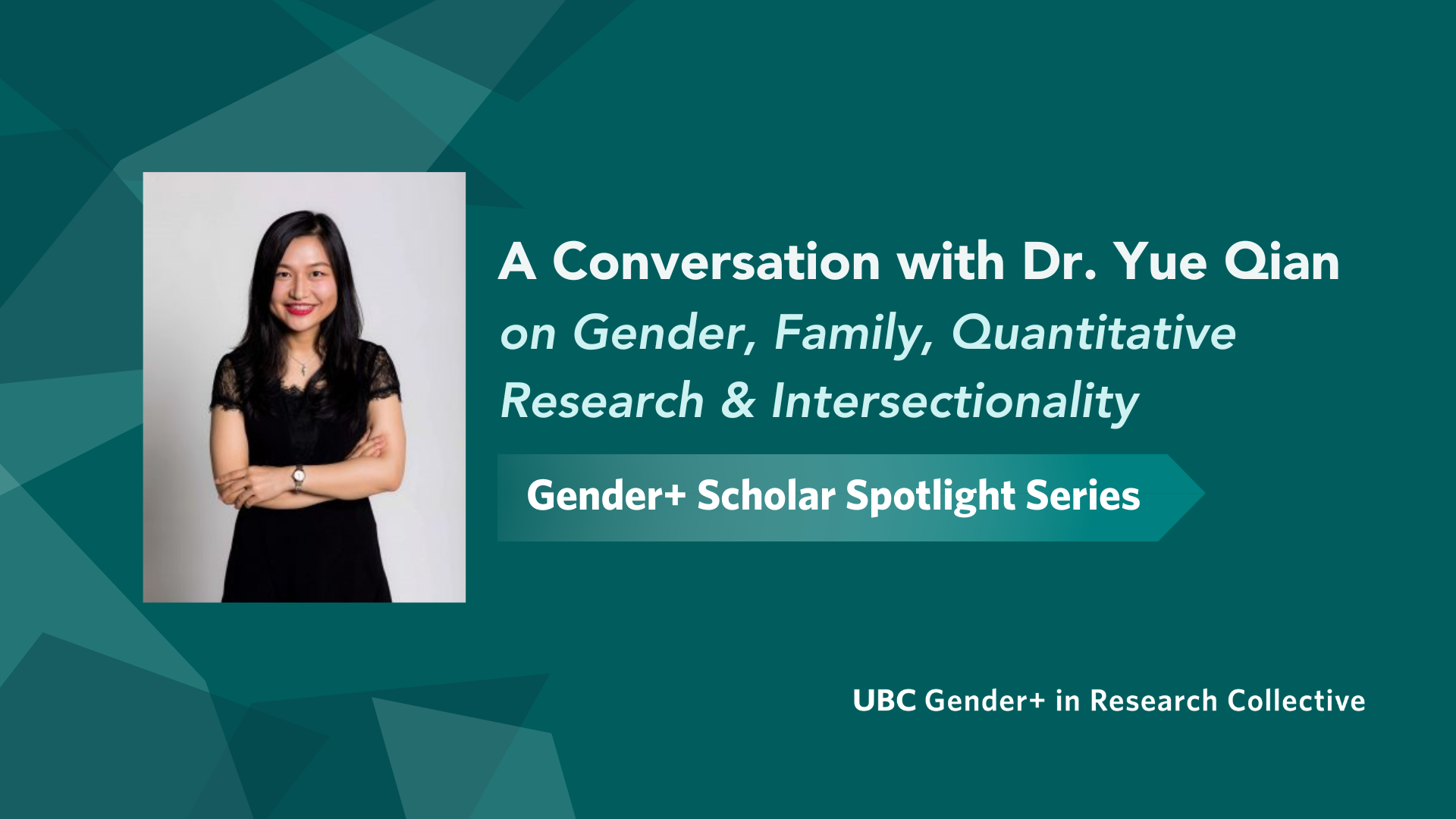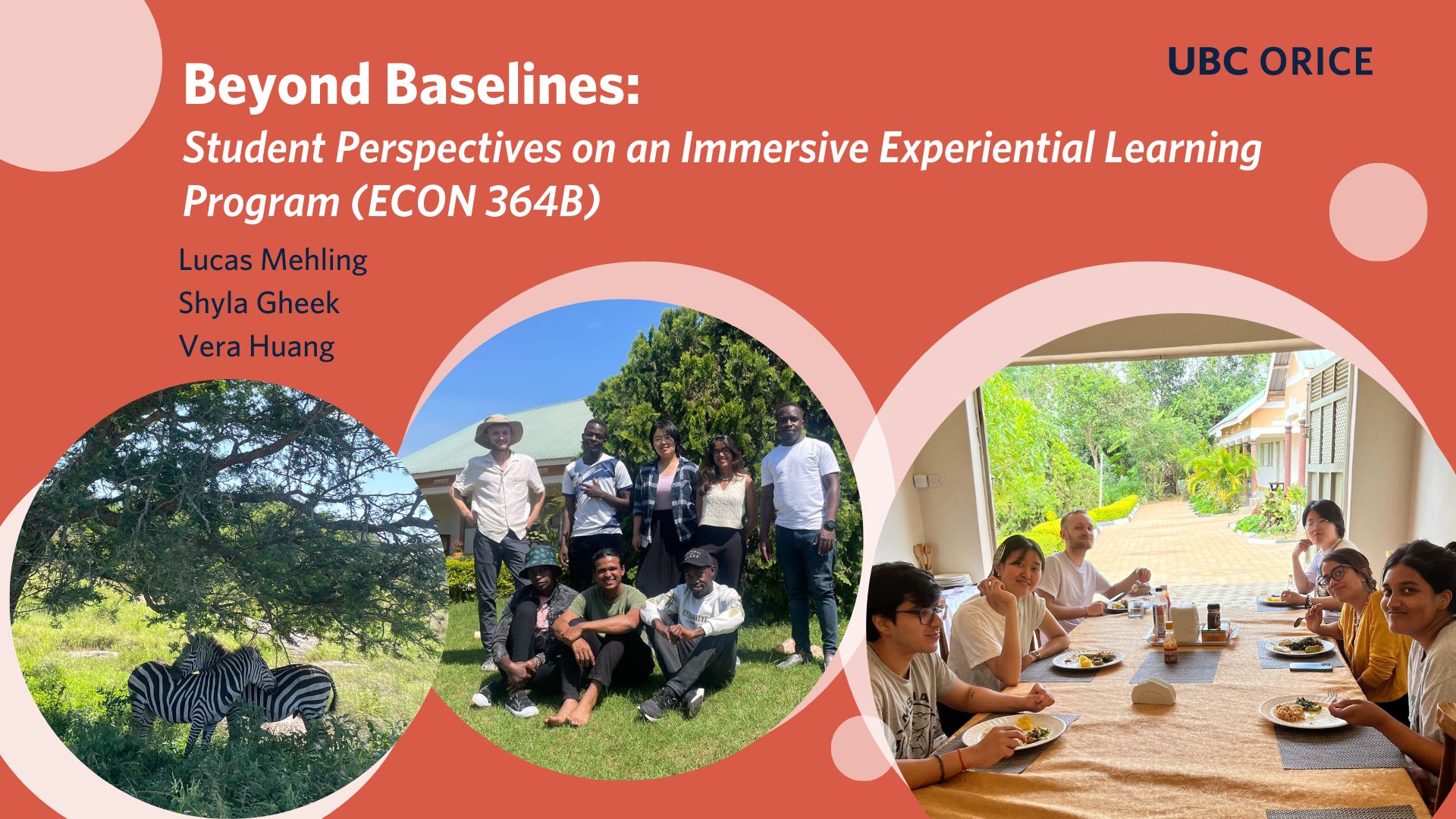On Wednesday November 17th, the Office of Regional and International Community Engagement hosted an event titled “Activism in the Age of Cancel Culture” with three incredible speakers. Shanai Tanwar is a 4th year UBC student and a Staff Writer for The Ubyssey. Dr. Samir Gandesha, a professor and director at the SFU Institute for the Humanities as well as being an author and a contributor to multiple publications, most recently as co-editor Spectres of Fascism: Historical, Theoretical and International Perspectives. Sophia Yang who has worked for over a dozen environmental organisations and is the founder and executive director of Threading Change, a youth-led ethical fashion organisation that works at the intersections of climate, gender and racial justice. In case you missed it, below is an overview of the main topics covered in the talk.
Positive vs. Negative Cancel Culture
All speakers acknowledged the impact that social media has had on activism and cancel culture, too. Shanai began this conversation by pointing to the fact that there are a lot of examples of cancel culture, including boycotting and divesting from companies but in the age of social media, it can be reduced to unfollowing people. Dr. Gandesha described that cancelling is “positive when someone is brought down who really deserves it” but furthered this, asking if we can go beyond cancelling to “formal channels which could offer due process through which these individuals could be made accountable?” Though, he did acknowledge that these channels are not accessible or beneficial to everyone. gave a fascinating example of the difference between cancelling and accountability. As someone involved in ethical fashion, she used examples of “cancelling large corporations that are responsible for large amounts of emissions and use modern day slavery” as positive accountability which we should push for more of.
Performative Activism and Reinventing Yourself
On the topic of performative activism, each speaker had insight and were passionate about the topic. Sophia explained that she had a love-hate relationship with the term performative activism because she believes most people are coming from a good place and want to show their support. However, she urged people to ask themselves “Who benefits from performative activism? Is the message getting across or is it more about how many likes you get?” in addition to remembering to push more for the policy and systemic change that is needed to actually shift our society. Shanai discussed how people with a big social media platform often are performative activists because they pick and choose what issues to talk about depending on how many likes or followers they would either gain or lose from it. A lot of so-called activism turns into a numbers game, which places the person at the center of the conversation rather than the social justice issue at hand.
Interestingly, Dr Gandesha gave an example of reinventing oneself after being supposedly ‘cancelled’. Jordan Peterson, he explained, became a celebrity and bestselling author after attempts to cancel him over damaging comments he’d made. Reinventing oneself is so easy and some are bolstered by this age of cancel culture.
Role of Compassion in Cancel Culture
What leads to cancel culture was named as mob mentality by Sophia, while Dr Gandesha furthered this by saying that the main driver was a “lack of understanding of the complexity of human beings and human action … we make mistakes.” There was an agreement among speakers that there should be a balance between this compassion and respecting people’s saturation limits; these two are not mutually exclusive. This idea emphasises learning and growing when mistakes are made, while also remaining vigilant to one’s boundaries and capacity. This is an essential lens through which to view major transformations in society because they don’t happen on their own but rather, as Dr Gandesha stated, “is only possible through solidarity which is built through mutual understanding and compassion.”
The event was eye-opening and a successful start to ORICE’s What Does It Really Mean event series. We hope to continue engaging in these conversations with the community in order to learn from one another.
Have a suggestion for our series? Contact us!




